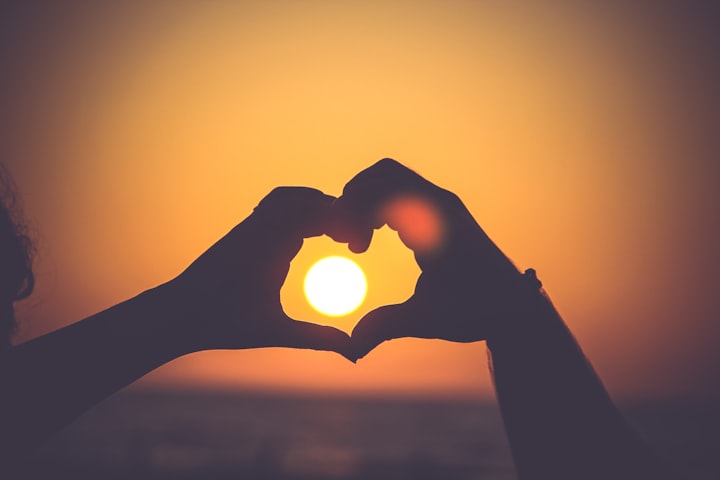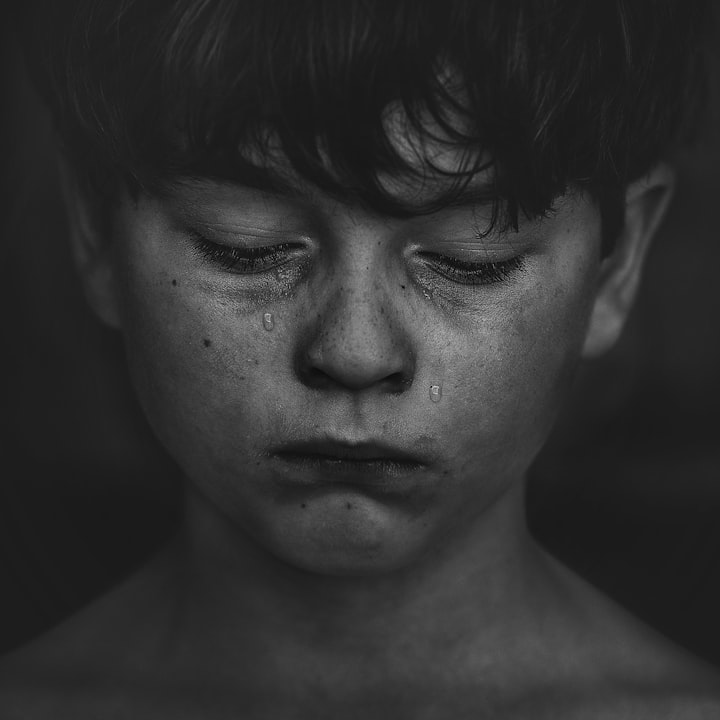
Have you ever dealt with it? Name it infatuation or love at first sight—whatever we want to call it, it's a strong emotion.
Sometimes we're simply going about our daily lives, barely noticing what's going on around us, then we meet someone who completely changes our reality.
There are different ways that it might occur. Sometimes it's a long-time friend of ours. The relationship suddenly feels completely different after a discussion, a memorable few days, or other unavoidable events that brought you together.
It resembles... love.
Your life's dull, routine routine suddenly takes on a whole new significance when your heart begins to race, you begin to perspire.
This is what we refer to as falling in love, being infatuated, "catching feelings," and a host of other phrases. For many people, this encounter represents the pinnacle of life, the supreme feeling that transcends all others on earth.
According to Kahlil Gibran, "Life without love is like a tree without blossoms or fruit."
If you are reading this, you most likely share my sentiments. Yet why? Why do we as humans feel the need to find love at all costs and why is it so vital to us?
Why even does the concept of "love" exist?
In a broader sense, we fall in love because it benefits the entire human species.
The stability of society depends on families, and two individuals who "love" each other should be able to care for each other and their children better than two people who have no feelings at all.
And because it takes humans so long to develop into adults, caring for a child while they are learning about the outside world requires two individuals who can stay together (or at least cooperate) for a long time.
In this sense, love promotes human connections and the stability of human civilization as an evolutionary adaptation.
Chemical Reaction of Love
But where do those "love" emotions come from that are consuming your body and mind?
What we refer to as "love" can be thought of as a chemical cocktail that turns on our brain's pleasure centers and causes us to become emotionally attached to the person who initially caused this reaction.
Dopamine, which makes us feel good and motivates us to focus on potential sources of rewards like physical touch, conversation, food, or "love," is where it all begins.
We can talk about why this one person was able to release the dopamine floodgates when others were unable to later. The crucial point is that they did, and as a result, your brain is currently feeling "high" from their presence.
The logical portions of our brain, along with those that regulate fear and grief, start to become inactive at the same moment. In the early stages of "love," we are acting instinctively and gravitating towards the object of our desire based only on our hormones and feelings.
This is really logical. We might never make a move at all if our brains permitted us to reason about a potential new love connection. Logically, we could be lured into a relationship just as readily as we could convince ourselves out of it.
Does Love Just React Chemically?
The quick response is yes.
Our brains' physiological response to love doesn't diminish its significance, either. From the initial attraction to the long-term bond of companionship, the experience of love has numerous facets.
Hugging and kissing, which produce oxytocin in our brains and help people form strong attachments with one another, are actions that people do to improve the social bonds they have with their partners over time.
I don't find it depressing, despite the fact that for some individuals learning that love and connection are a chemical concoction in your brain and that it's all intended to help you procreate and raise children would.
I constantly remind myself that love is simply a mental process by which our brains communicate with one another whenever it makes me feel depressed. It also implies that we are not always in control and that the individual who did not express their thoughts in return just did not have the same mental chemical reaction as you did.
In many ways, the events of our lives are enigmatic chemical dances. Our lives both impact and are influenced by everything we do, the people we meet, and the way of life we live.
Since there are so many different factors, it is difficult to forecast when love will blossom. When two individuals first meet, the chemicals begin to flow, and before we realize it, they have formed a link and are living together.





Comments
There are no comments for this story
Be the first to respond and start the conversation.